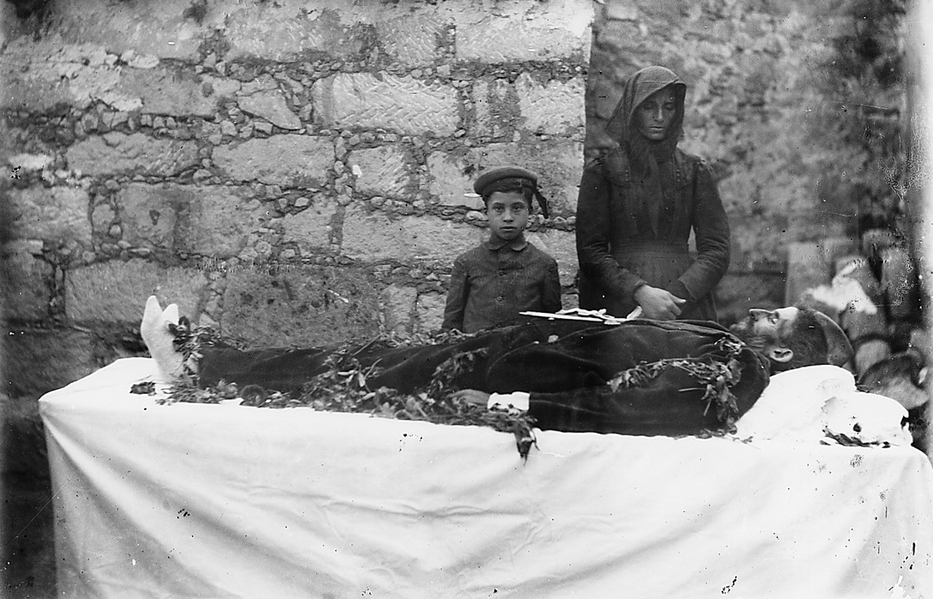La femina accabadora è una donna che praticava un’antica forma di eutanasia, un atto pietoso nei confronti del moribondo, con un secco colpo di martello. Da molti considerata una figura leggendaria della tradizione sarda, in realtà ha agito fino agli anni 60′, come raccontano i nostri protagonisti, testimoni oculari delle gesta delle dame della buona morte. Insieme a loro attraversiamo i paesaggi solari della Sardegna e ci immergiamo nelle zone d’ombra di una cultura millenaria ancora viva nel presente, che ci riporta agli eterni e attuali interrogativi sulla morte.
Ho incontrato l’accabadora per caso, in una giornata di pioggia in Gallura, non si poteva andare in spiaggia e il museo della Femina Accabadora di Luras stava a pochi chilometri. Arrivato a Luras mi ha accolto Giacomo Pala, che ha creato il museo, mi ha raccontato come è nata la sua passione per le dame della buona morte, come gli è venuta l’idea di creare un museo. Mi è parsa da subito una storia incredibile, bizzarra, paradossale, perfetta per farci un documentario.
(Fabrizio Galatea)
